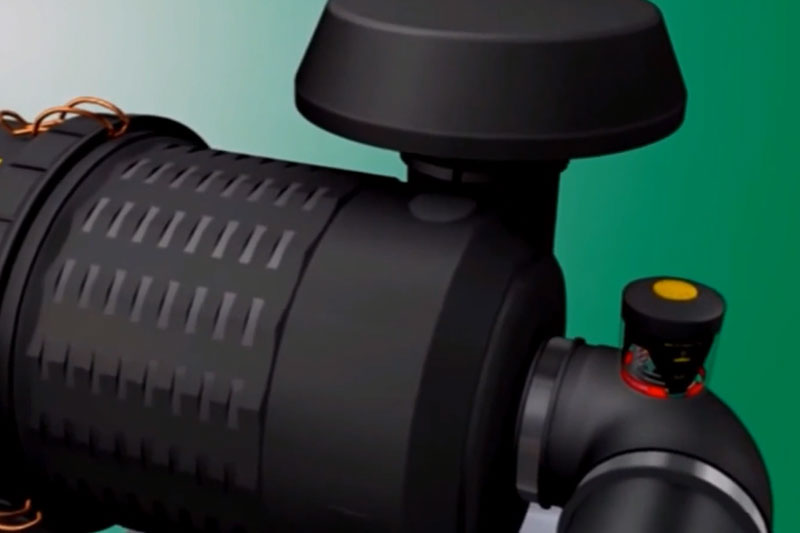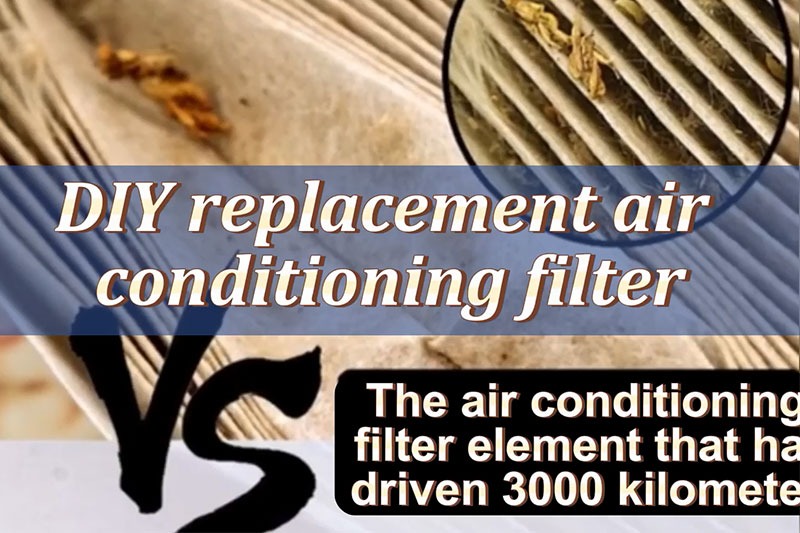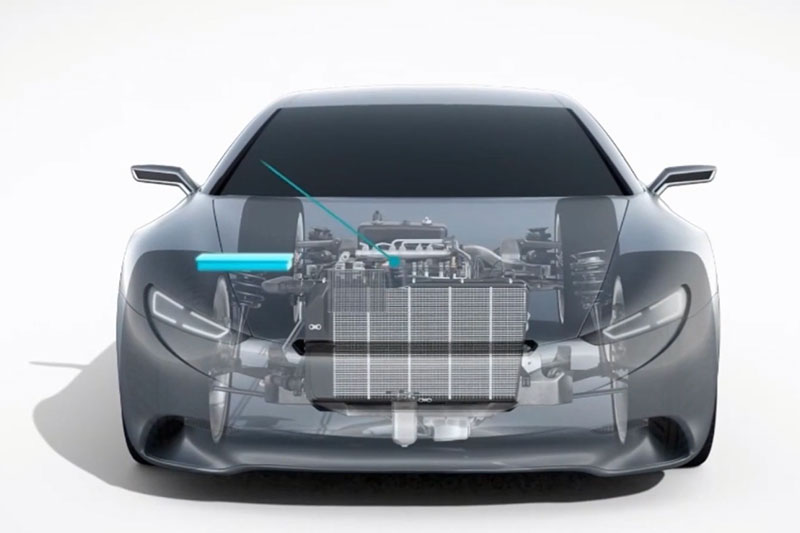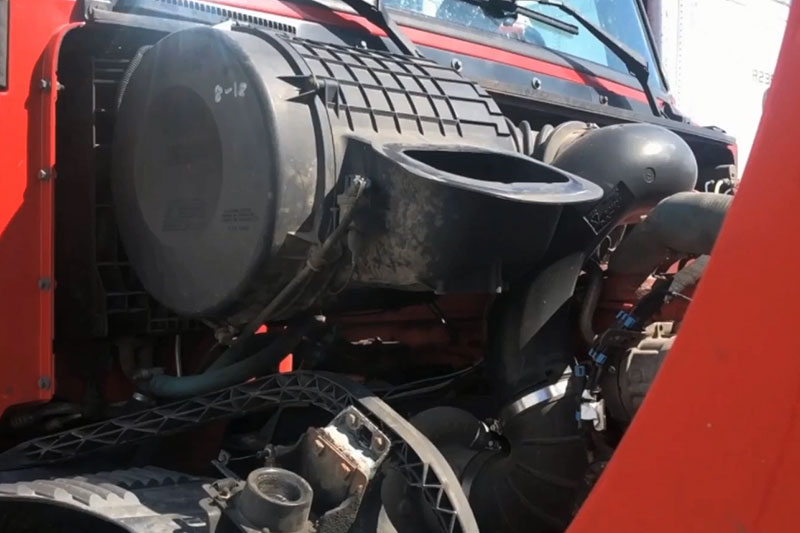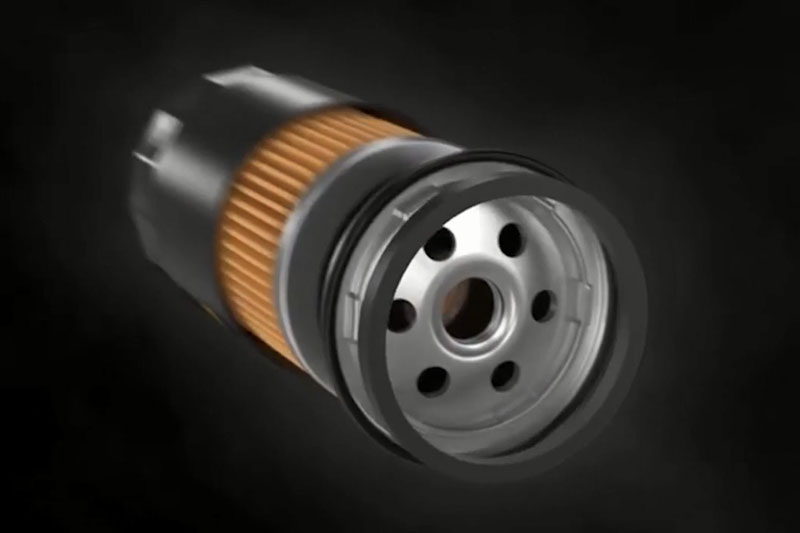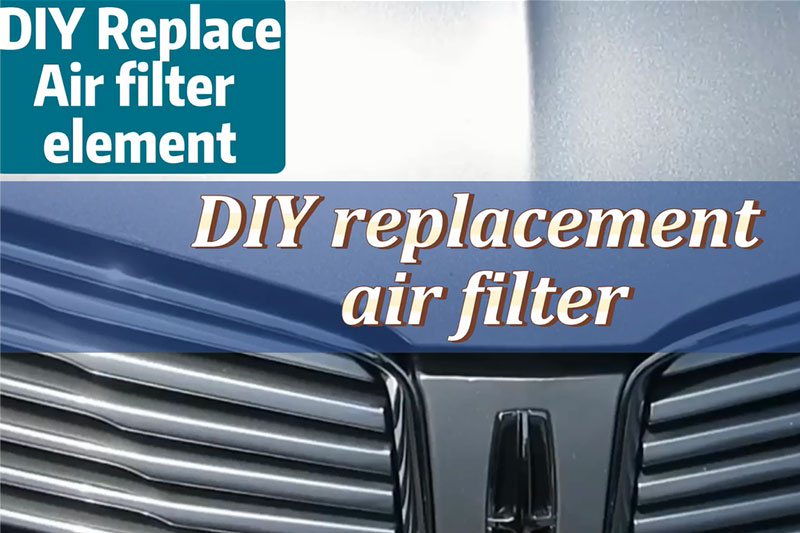Truck Filter Explanation
Truck Filter Explanation can effectively prevent the damage to the engine, Has been using efficient materials to intercept fine dust, and has a long service life, the product adopts ultra-strength folding structure, no deformation, no black core, smooth air intake, efficient and fuel-saving, in order to achieve the best effect of the filter, please replace the filter regularly, low quality filter often use cheap filter paper, extremely easy to be torn, resulting in particles into the engine, filter paper expansion, tearing, Particulate matter enters the engine from the tear, without any filtering effect.
Send Inquiry
Product Description
Truck Filter Explanations are critical components used in trucks and heavy-duty vehicles to ensure the efficient and reliable operation of various systems. These filters play a crucial role in removing contaminants and impurities from fluids or air, safeguarding the engine, fuel system, and cabin air quality.
Trucks typically utilize different types of filters, including:
Engine Air Filters: Engine air filters prevent dirt, dust, and debris from entering the engine's intake system. They are designed to capture airborne particles and maintain clean airflow to the engine, protecting it from damage and optimizing performance.
Oil Filters: Oil filters in trucks are responsible for removing contaminants from the engine oil. They trap particles, such as dirt, metal fragments, and sludge, ensuring the oil remains clean and providing adequate lubrication to the engine components. Regular oil filter replacement is essential to prevent engine wear and extend the engine's lifespan.
Fuel Filters: Fuel filters are crucial for maintaining the cleanliness of the fuel system in trucks. They prevent contaminants, such as dirt, rust, and water, from reaching the engine and fuel injectors. Clean fuel filters ensure optimal fuel flow and combustion efficiency while protecting the fuel system components from potential damage.
Cabin Air Filters: Cabin air filters contribute to the air quality inside the truck's cabin by trapping airborne particles, dust, pollen, and allergens. They provide cleaner and healthier air for the occupants, enhancing comfort and reducing the risk of respiratory issues.
Truck filters are typically designed to handle the demands of heavy-duty applications. They are built to withstand higher flow rates, pressure differentials, and contaminants commonly encountered in trucking environments. These filters are often constructed with durable materials, robust housings, and advanced filtration media to ensure long-lasting performance and reliable filtration efficiency.
Regular inspection and maintenance of truck filters are essential for optimal performance and longevity. Following the manufacturer's recommended service intervals for filter replacement helps prevent clogging and ensures the filters continue to effectively remove contaminants. Additionally, adhering to proper installation techniques and using filters that meet OEM (Original Equipment Manufacturer) specifications are vital to guarantee compatibility and proper functionality.
Overall, truck filters play a vital role in maintaining the performance, efficiency, and longevity of trucks and heavy-duty vehicles. They safeguard critical systems from harmful contaminants, promote clean airflow, and enhance the overall functionality and reliability of the truck.
Trucks typically utilize different types of filters, including:
Engine Air Filters: Engine air filters prevent dirt, dust, and debris from entering the engine's intake system. They are designed to capture airborne particles and maintain clean airflow to the engine, protecting it from damage and optimizing performance.
Oil Filters: Oil filters in trucks are responsible for removing contaminants from the engine oil. They trap particles, such as dirt, metal fragments, and sludge, ensuring the oil remains clean and providing adequate lubrication to the engine components. Regular oil filter replacement is essential to prevent engine wear and extend the engine's lifespan.
Fuel Filters: Fuel filters are crucial for maintaining the cleanliness of the fuel system in trucks. They prevent contaminants, such as dirt, rust, and water, from reaching the engine and fuel injectors. Clean fuel filters ensure optimal fuel flow and combustion efficiency while protecting the fuel system components from potential damage.
Cabin Air Filters: Cabin air filters contribute to the air quality inside the truck's cabin by trapping airborne particles, dust, pollen, and allergens. They provide cleaner and healthier air for the occupants, enhancing comfort and reducing the risk of respiratory issues.
Truck filters are typically designed to handle the demands of heavy-duty applications. They are built to withstand higher flow rates, pressure differentials, and contaminants commonly encountered in trucking environments. These filters are often constructed with durable materials, robust housings, and advanced filtration media to ensure long-lasting performance and reliable filtration efficiency.
Regular inspection and maintenance of truck filters are essential for optimal performance and longevity. Following the manufacturer's recommended service intervals for filter replacement helps prevent clogging and ensures the filters continue to effectively remove contaminants. Additionally, adhering to proper installation techniques and using filters that meet OEM (Original Equipment Manufacturer) specifications are vital to guarantee compatibility and proper functionality.
Overall, truck filters play a vital role in maintaining the performance, efficiency, and longevity of trucks and heavy-duty vehicles. They safeguard critical systems from harmful contaminants, promote clean airflow, and enhance the overall functionality and reliability of the truck.
Hot Tags: Truck Filter Explanation, China, Manufacturers, Suppliers, Factory, wholesale
Related Category
Send Inquiry
Please Feel free to give your inquiry in the form below. We will reply you in 24 hours.


